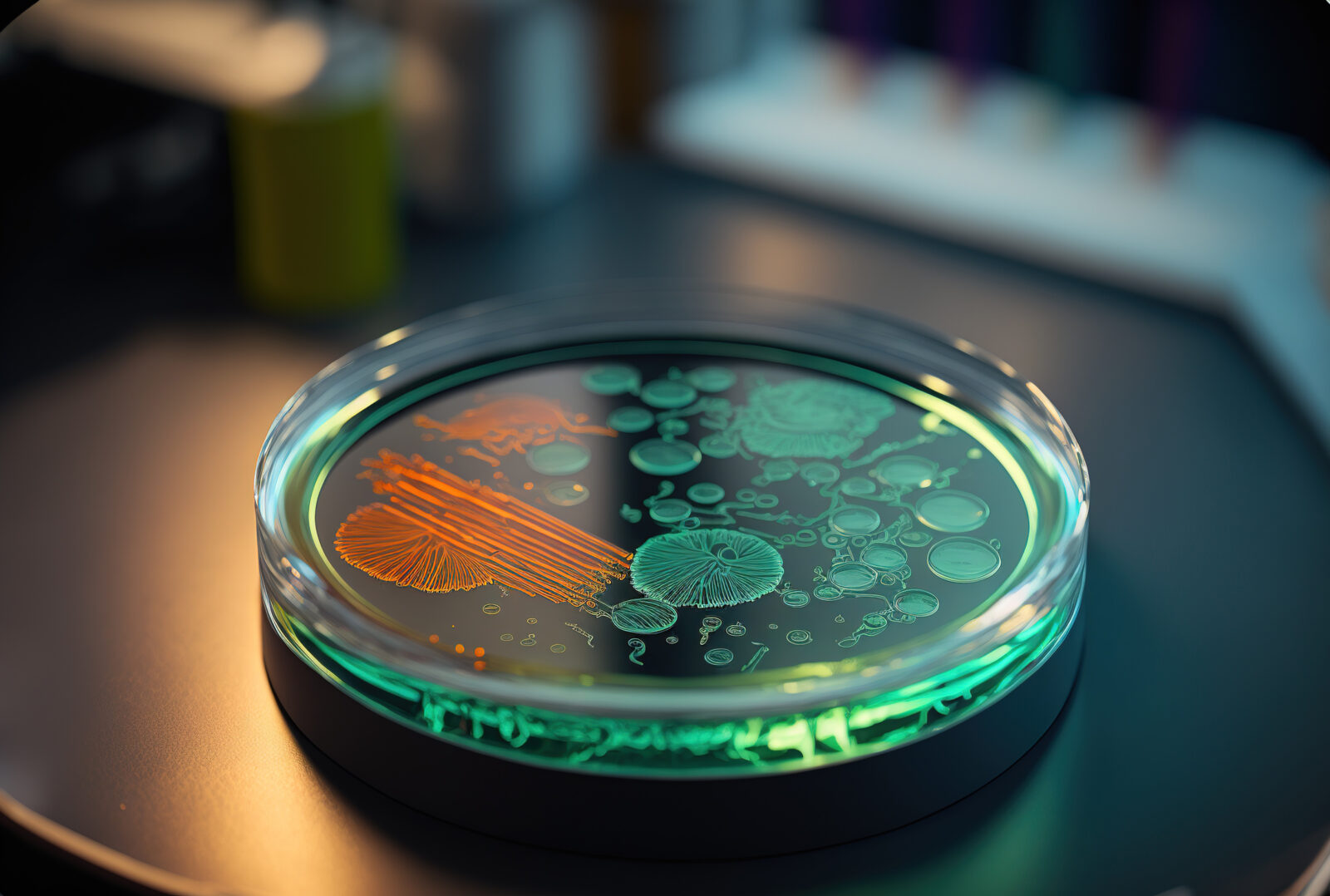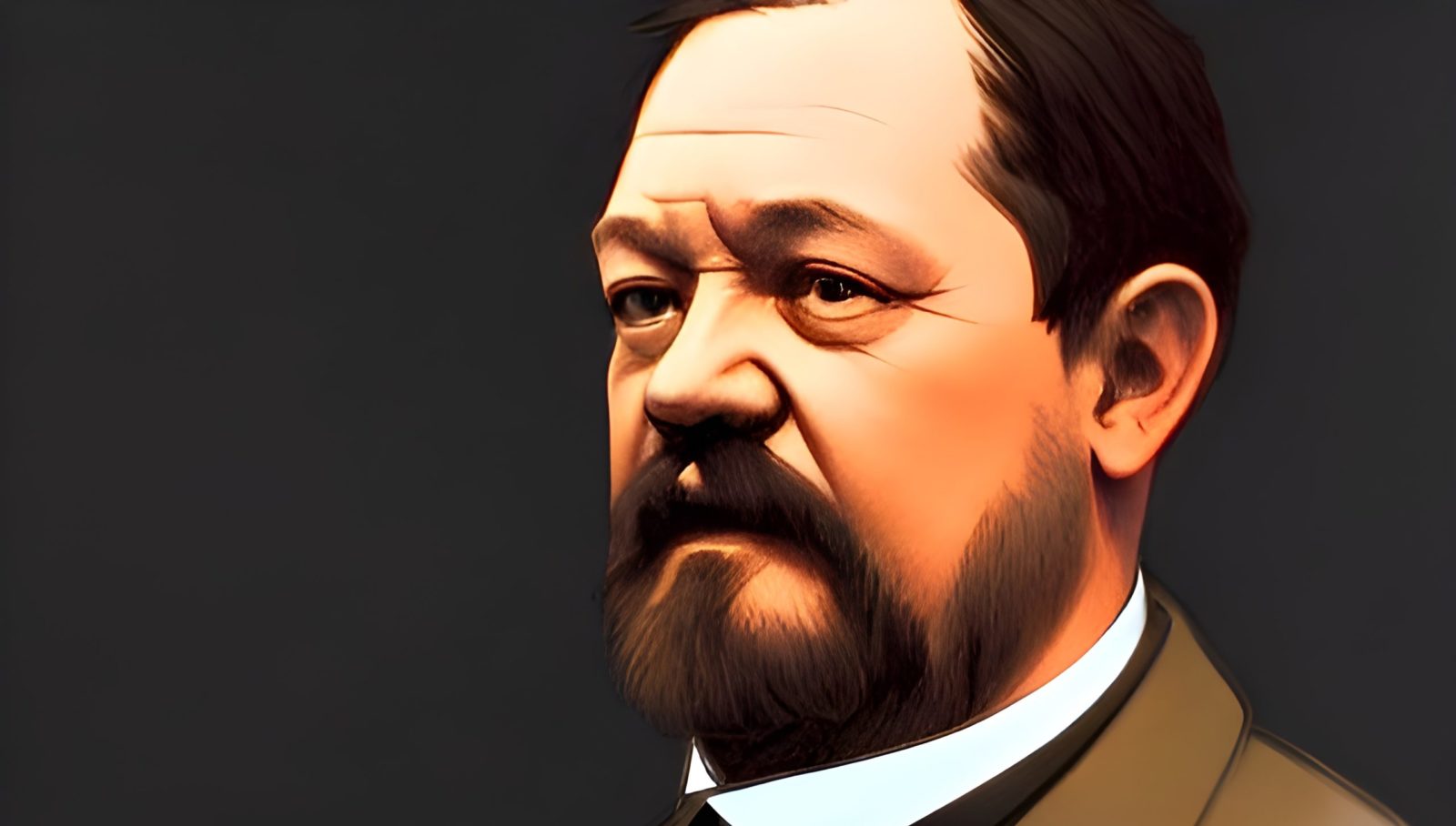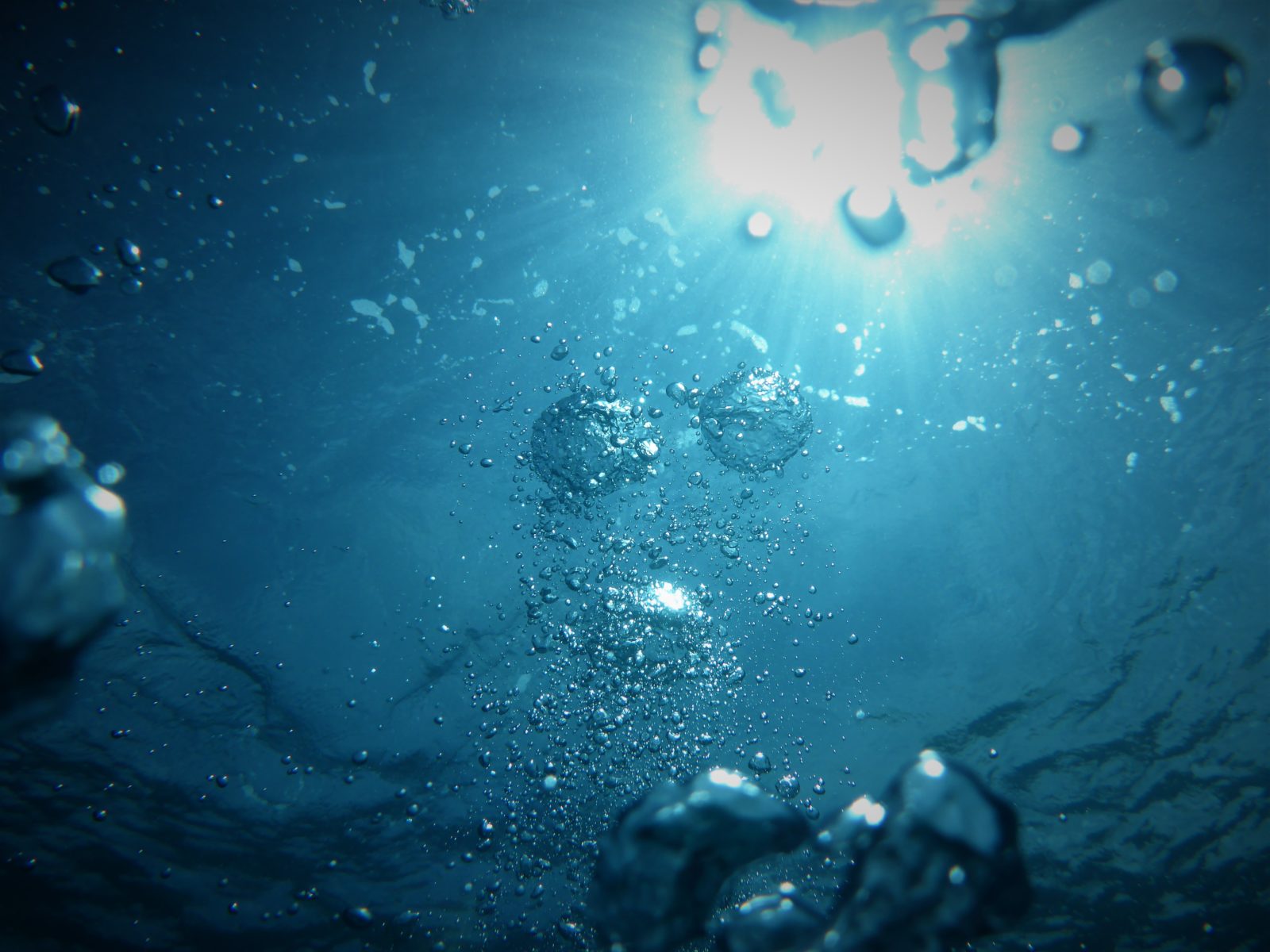


Why Hands-On Chemistry Experiments Can’t Simulate A Prebiotic Earth

Smoke & Mirrors: Tour and Meyer Assess Origin of Life Experiments

Extravagant Claims: James Tour & Stephen Meyer Critique Origin of Life Research

James Tour and Stephen Meyer Bring Clarity to Origin of Life Debate

Introducing Online High School Chemistry With A Design Perspective

The 200th Birthday of Louis Pasteur: A Man of Science and Faith
December 27, 2022 marks the 200th anniversary of the birth of Louis Pasteur, the French scientist whose scientific breakthroughs have saved millions of lives, and whose work on microbes sounded the death knell of the idea of spontaneous generation. On this episode of ID the Future, biologist Ann Gauger walks listeners through the triumphs, flaws, and tragedies in the life of this extraordinary individual. In the nineteenth century, it was widely believed that the spontaneous generation of life from non-life was common and unremarkable, since it was thought that spontaneous generation of worms, mold, and other life forms occurred all the time in rotting meat and dirty rags. Pasteur constructed an experiment demonstrating that these “spontaneously” arising worms and such in fact sprang from microorganisms contained in the dust of the air. In this way Pasteur lent decisive support to the view summarized in the Latin phrase, “Omne vivum ex vivo”—all life is from life. This is sometimes referred to as the law of biogenesis and holds that organisms do not spontaneously arise in nature from non-life. Thanks in no small part to Pasteur’s work in this area, the origin of the first life on Earth came to be seen as a powerful mystery for scientists committed to the chance origin of the first life, a mystery deepened by discoveries in the twentieth and twenty-first centuries showing that even the simplest single-celled life is vastly more sophisticated than even our most advanced manmade factories. There is so much more to the fascinating life and work of Louis Pasteur, from his pioneering and life-saving work on vaccines and the special relationship he had with his wife to his Christian faith that bore him up through the death of three of his children. Tune in to learn more about this complex man of science and faith.

John Bloom on the Match that Lit the Scientific Revolution
On today’s ID the Future Biola University physicist John Bloom discusses his chapter in the recent anthology The Comprehensive Guide to Science and Faith, co-edited by host Casey Luskin. Bloom’s focus in his contributed chapter is the pivotal role of Christianity in the rise of science. Bloom, the academic director of Biola’s master’s program in science and religion, draws on his PhD training in physics but also on his PhD in ancient Near Eastern studies and his study of the history of science. Here he argues that while the Babylonians and Greeks contributed some discoveries and insights that would eventually play into the rise of science, science did not take off, was not born, until a cluster of crucial ideas drawn from the Judeo-Christian worldview infused Western thought. Only then did astrology become astronomy, alchemy chemistry, and the great adventure of scientific discovery begin in earnest. Tune in as Bloom and Luskin discuss the ancient predecessors of science and some of the key founders of science, including Copernicus, Galileo, Kepler, and Bacon, along with crucial ideas drawn from the Judeo-Christian worldview that lit the match. And find your copy of The Comprehensive Guide to Science and Faith here.

Marcos Eberlin on Evolution’s Water-Gate Problem
On this episode of ID the Future, internationally distinguished scientist Marcos Eberlin, author of the new book Foresight: How the Chemistry of Life Reveals Planning and Purpose, talks about evolution’s “water gate” problem. There’s no conspiracy here, just life’s astonishing answer for admitting water into cells through “gates” while keeping lethal acidifying proteins out. There’s also a chicken-egg problem involving proteins and molecular chaperones. That and more, Eberlin argues, add up to the conclusion that life required foresight.
An Excerpt from Marcos Eberlin’s Groundbreaking New Book Foresight
On this episode of ID the Future, Andrew McDiarmid reads from Foresight: How the Chemistry of Life Reveals Planning and Purpose by distinguished Brazilian scientist Marcos Eberlin. In this excerpt, Eberlin introduces the necessity of foresight and planning in nature by showing how every cell needs a sophisticated barrier around it that knows how to keep harmful substances out and let helpful ones in. That membrane’s job is complicated by the fact that oxygen, like many other substances, can be harmful or helpful depending on when, where, and how much. So even the very first cells’ success could only be explained by a designer’s foresight. Foresight, it’s worth noting, has been endorsed by three Nobel Laureate scientists. It’s available for purchase at Amazon and other stores.
Read More ›